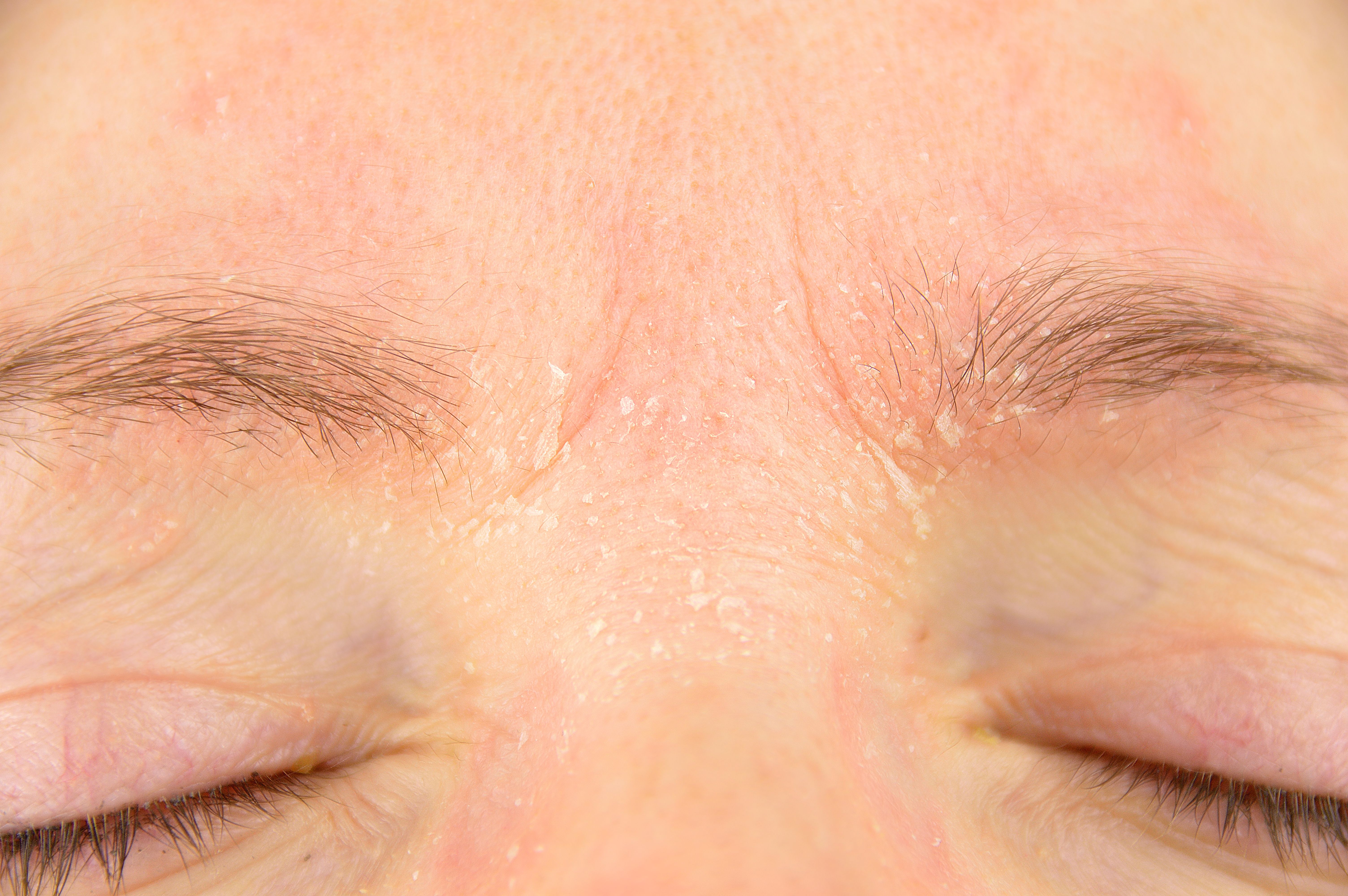New Biomarker may Determine Cancer Risk in Dermatomyositis
French researchers writing in Arthritis and Rheumatology describe a biomarker that may determine the risk of mortality in patients with dermatomyositis who develop cancer, a common outcome in adults.
(©Cunaplus, AdobeStock)

French researchers writing in Arthritis and Rheumatology describe a biomarker that may determine the risk of mortality in patients with dermatomyositis who develop cancer, a common outcome in adults.
“This study has evidenced anti-TIF1γ IgG2 as a potential new biomarker of cancer which should be helpful to identify the risk of mortality in anti-TIF1γ dermatomyositis patients,” Aussy A., et al. wrote in a March issue of the journal.
Cancer tends to develop shortly after onset and is often undetected in the first one to two years following dermatomyositis diagnosis. It constitutes a major cause of mortality from the disease.
Although previous studies have linked the presence of the auto-antibodies anti-transcription intermediary factor-1 (anti-TIFγ) to cancer in adults, this alone does not predict outcomes, as a large portion of anti-TIFγ dermatomyositis patients remain cancer-free. Identifying which of these patients may go on to develop cancer has remained a clinical challenge.
The study followed 51 patients from 2013 to 2017. OF these, 40 had cancer. During that time, 21 patients died, for a 41 percent mortality rate. Using a new quantitative immunoassay that differentiated isotopes of immunoglobulin G (IgG), Aussy and colleagues were able to predict mortality in a specific subset of patients with anti-TIFγ IgG subclass 2 isotopes at a mean fluorescent intensity of more than 385 with 100 percent accuracy.
Investigators correlated the highest risks of cancer mortality to other factors, including age over 60, active dermatomyositis, male gender, and creatine kinase levels greater than 1084 U/L. Both age and anti-TIFγ IgG2 status were both independently associated with higher mortality. Mean survival following cancer detection was six-10 months, occurring only within the first 24 months of dermatomyositis diagnosis, after which no further cases were reported.
As risk of death from cancer is likely to complicate the management of dermatomyositis in adults, the authors concluded that use of the IgG2 assay represents an important tool that could be implemented routinely in diagnosis as a marker for early detection of cancer in these patients.
These results may also suggest a potential paraneoplastic course of anti-TIFγ, as many patients developed simultaneous remissions from both dermatomyositis and cancer, while those who died had disease activity from both at the time of death. “…disease evolution in adult patients without cancer resembles that of juvenile dermatomyositis, raising the question of a different pathophysiological process,” they wrote.
REFERENCES: Aussy A, Fréret M, Gallay L,et al. The IgG2 isotype of anti-transcription intermediary factor 1-gamma autoantibodies is a biomarker of mortality in adult dermatomyositis. Arthritis Rheumatol. 2019 Mar 21. doi: 10.1002/art.40895. [Epub ahead of print]